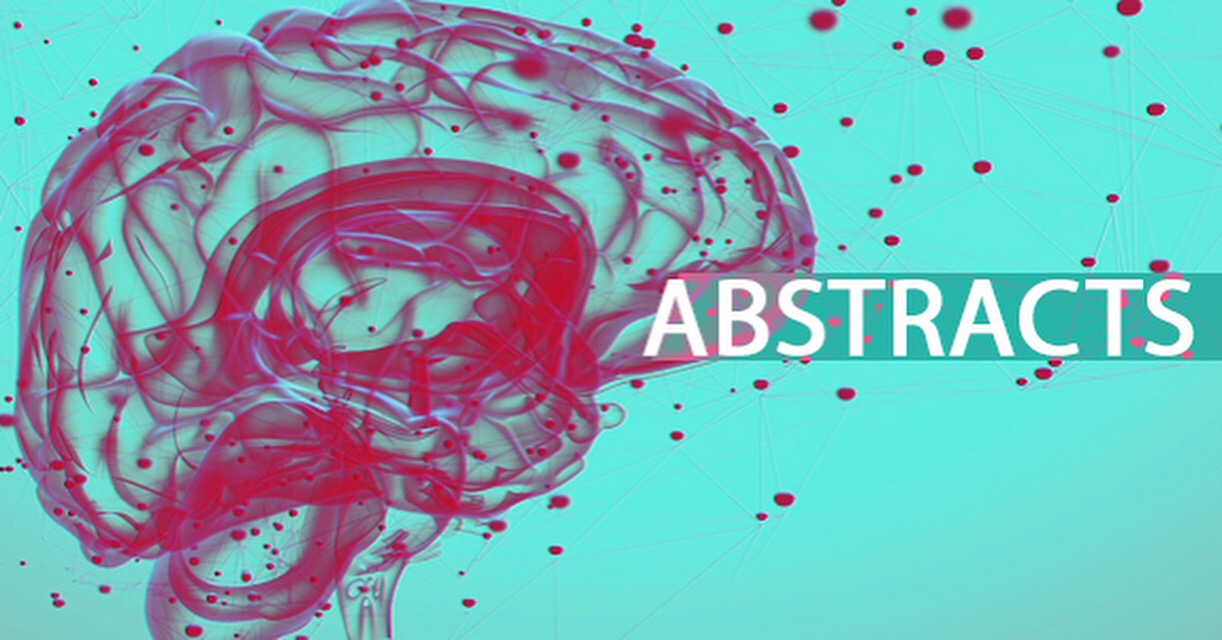Nonpharmacologic Therapies for Low Back Pain: A Systematic Review for an American College of Physicians Clinical Practice Guideline.
Review article
Chou R, et al. Ann Intern Med. 2017.
Show full citation
Abstract
Background: A 2007 American College of Physicians guideline addressed nonpharmacologic treatment options for low back pain. New evidence is now available.
Purpose: To systematically review the current evidence on nonpharmacologic therapies for acute or chronic nonradicular or radicular low back pain.
Data Sources: Ovid MEDLINE (January 2008 through February 2016), Cochrane Central Register of Controlled Trials, Cochrane Database of Systematic Reviews, and reference lists.
Study Selection: Randomized trials of 9 nonpharmacologic options versus sham treatment, wait list, or usual care, or of 1 nonpharmacologic option versus another.
Data Extraction: One investigator abstracted data, and a second checked abstractions for accuracy; 2 investigators independently assessed study quality.
Data Synthesis: The number of trials evaluating nonpharmacologic therapies ranged from 2 (tai chi) to 121 (exercise). New evidence indicates that tai chi (strength of evidence [SOE], low) and mindfulness-based stress reduction (SOE, moderate) are effective for chronic low back pain and strengthens previous findings regarding the effectiveness of yoga (SOE, moderate). Evidence continues to support the effectiveness of exercise, psychological therapies, multidisciplinary rehabilitation, spinal manipulation, massage, and acupuncture for chronic low back pain (SOE, low to moderate). Limited evidence shows that acupuncture is modestly effective for acute low back pain (SOE, low). The magnitude of pain benefits was small to moderate and generally short term; effects on function generally were smaller than effects on pain.
Limitation: Qualitatively synthesized new trials with prior meta-analyses, restricted to English-language studies; heterogeneity in treatment techniques; and inability to exclude placebo effects.
Conclusion: Several nonpharmacologic therapies for primarily chronic low back pain are associated with small to moderate, usually short-term effects on pain; findings include new evidence on mind-body interventions.
Primary Funding Source: Agency for Healthcare Research and Quality. (PROSPERO: CRD42014014735).
PMID 28192793 [Indexed for MEDLINE]
Full text
Comment in

